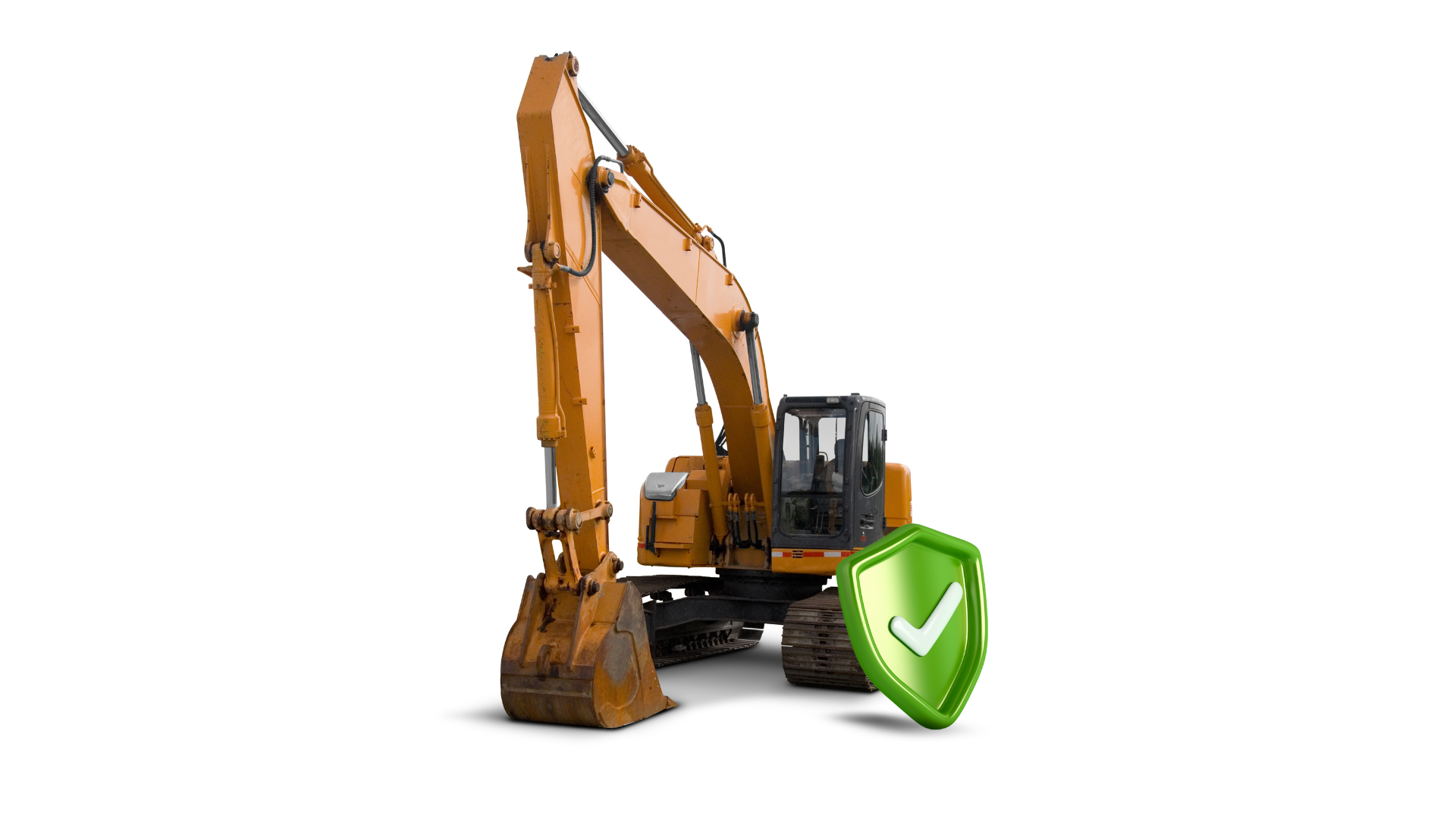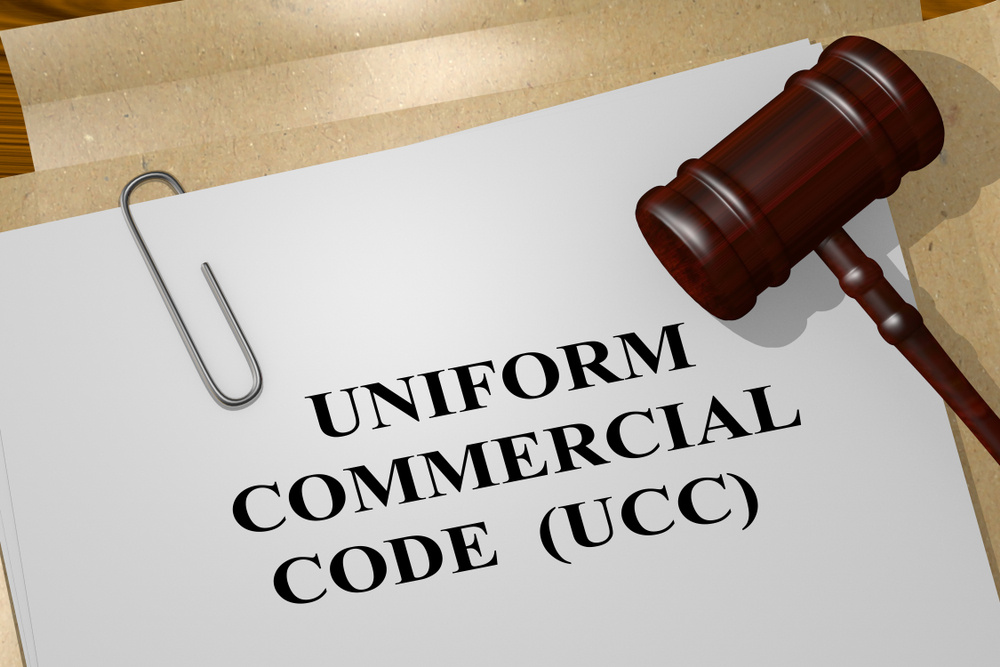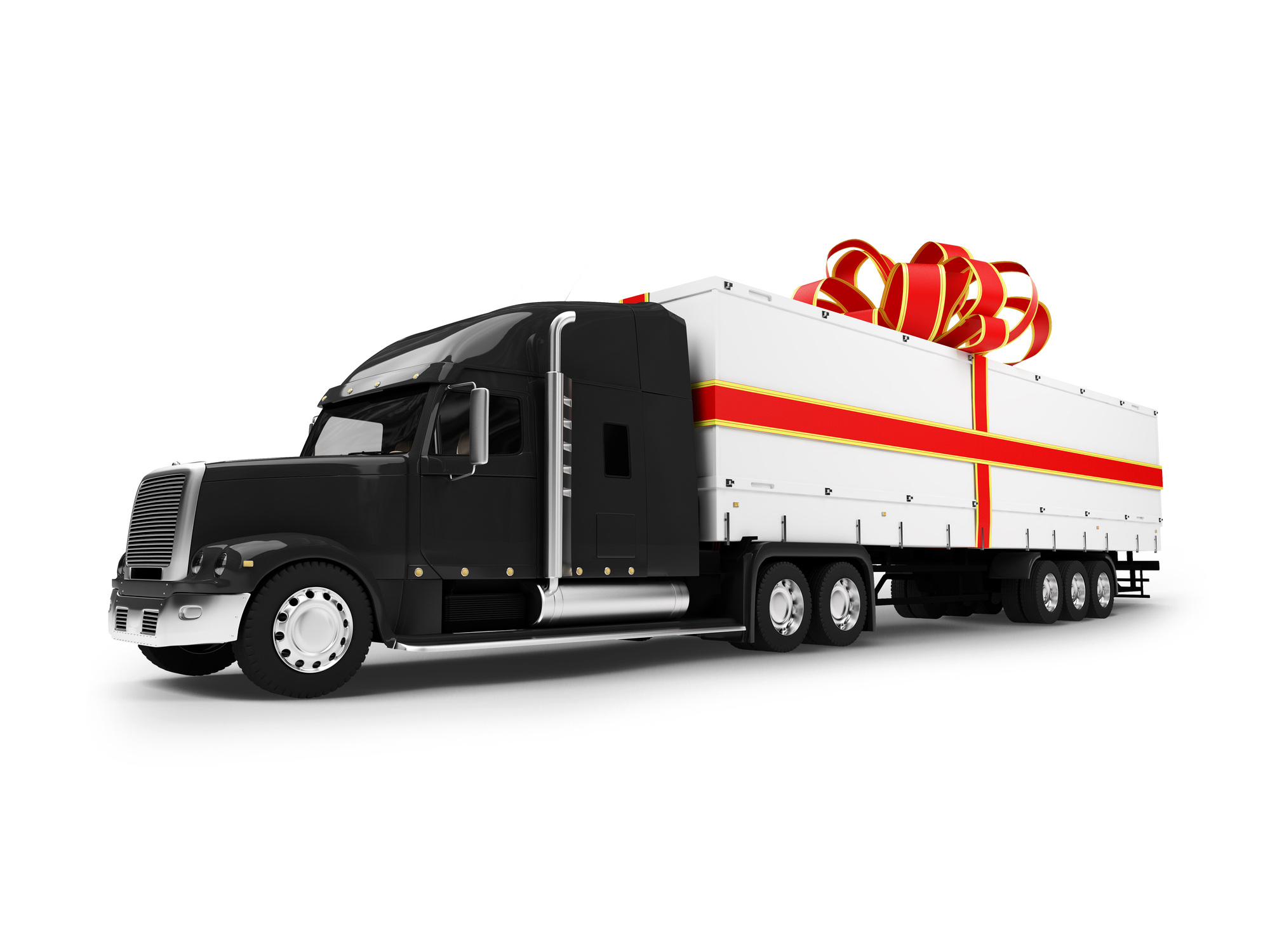Trucks remain the most popular and convenient means of moving overland freight in the US. American Trucking Association (ATA)...
Trucks remain the most popular and convenient means of moving overland freight in the US. American Trucking Association (ATA) Statistics show that trucking represents over 80% of the nation’s freight bill and generates $875 billion in revenue.
Still, the industry has its fair share of challenges, especially concerning financing for owner-operators. This piece discusses the benefits of using financing, tips for securing a loan, and the various financing options available for owner-operators.

Benefits of Financing for Truck Owner-Operators
Financing your trucking business can provide a number of benefits. Noted below are a few of them.
Acquire New Equipment and Trucks
The most common reason to use financing is to buy new or used trucks and trailers Investment in new equipment can help you enter the industry or expand your capacity and make your company more competitive. Moreover, adding newer trucks and upgrading equipment could generate a higher return on investment (ROI) while saving on fuel, maintenance, and insurance.
Cover Unexpected Expenses
A working capital loan could come to your rescue when faced with unexpected expenses like equipment breakdowns and emergency repairs. Remember, even a well-cared-for truck eventually wears out and needs major replacement parts occasionally.
Support Your Daily Operations
Sometimes the market just gets rough, so you need financial support to stay in business until freight rates start to improve. For example, you might experience cash flow gaps due to your customers delaying payment on invoices or a drop on spot rates. Financing options, such as invoice factoring, or a capital loan can help you meet your daily expenses during this period.
Invest in Superior Technology
Most business operations rely on technology today. In trucking, we are talking about digital freight matching, dynamic routing, GPS apps, telematics, trailer tracking, electronic logging devices, collision mitigation systems, etc. A working capital loan may help you adopt these technologies, giving you a competitive advantage.
Spread the Cost of Your Truck Purchase
Paying cash upfront for your truck purchase may not be feasible, especially for a small trucking company. For a semi-truck, costs can range anywhere from $50,000 and $200,000 based on the make, model year, mileage, condition and premium features you want. Financing your purchase will spread out the cost over several years, making the payments more manageable.
Tips for Securing Financing
Whether you are considering using a captive financing company, local bank, or independent financial provider, securing financing for your business can be a challenge. These tips should help streamline this process.
Ready Your Documents
Have the necessary documents ready when you approach a finance company. This streamlines the process and conveys a sense of professionalism. Among the paperwork to prepare are the following:
- Latest tax return
- Bank statements
- A copy of your CDL
Have a Budget and Monitor Your Cash Flow
A budget that outlines your anticipated expenses and revenue is helpful in determining if you can afford the loan. A budget will help monitor your cash flow and meet your financial obligations.
Spend Wisely
Especially if you have secured a working capital loan, ensure you only use the loan proceeds on necessary business expenses. A little discipline in managing your business goes a long way.
Remember to Claim Tax Benefits
Depending on the nature of your business and loan amount, you may be eligible for various tax benefits, such as accelerated depreciation which can allow you to deduct a substantial amount of the total cost of the equipment in the first year it’s put into service.
Given your financed truck is a business asset, the IRS lets you start claiming depreciation as you continue with loan repayment even though you have not paid off your truck. You may also deduct business vehicle expenses such as:
- Fuel costs
- Insurance
- Tires
- Parking fees and tolls
- Washing costs
- Depreciation
- Lumper fees
- Registration
- Maintenance and repairs
Make sure to consult your accountant for details on how you may be able to take advantage of these tax benefits.
Summary
If you have enough cash to purchase equipment outright, that’s great. However, the business landscape is filled with challenges that may cause you to wish you had saved your cash for a rainy day.
When considering financing your transportation equipment purchase, consider readying your documents in advance, working with a budget, and spending wisely. Ensure to check whether you are eligible for any tax benefits as well. Additionally, you want to partner with an industry lender that understands your business and its challenges.
Owner-operators love Keystone’s equipment financing for the company’s speed, flexibility, industry knowledge, and excellent customer service. Contact us today to get started.
Recent Posts
Insurance serves as a financial safeguard that...
When purchasing heavy equipment, buyers should be...




